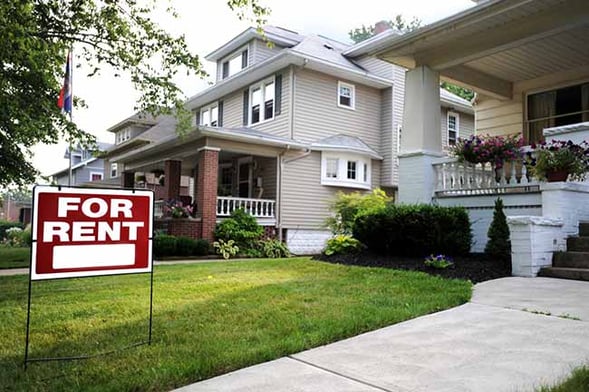
Rental properties are a great investment opportunity, but there are upfront costs. Purchasing your rental property involves getting a mortgage and paying closing costs.
Closing costs are typically 3-6% of the home purchase price, costing you thousands more in additional expenses. Owners of rental properties can get back some of their closing cost expenses through tax deductions.
Types of Closing Costs for Rental Properties
All properties incur closing costs as a result of their sale. Closing costs are the additional expenses beyond the cost of the property, and include all the fees and taxes you pay.
For rental properties, closing costs include:
- Inspection fees: for the inspection of your property, including pest and termite inspection. These fees may include land surveys and septic inspection for rural properties.
- Professional fees: paid to financial advisors and attorneys involved with the paperwork and closing of your rental property.
- Mortgage fees: including the cost of your loan application, loan origination fees, cost of credit report, and any underwriting fees.
- Prepaid fees and taxes: any HOA fees, your homeowner’s insurance, the property taxes, and interest on your mortgage.
- Title company fees: for the title search, recording fees, title transfer taxes, and escrow funds and fees.
- Mortgage insurance premium (MIP) fee: additional fees that property investors have on some loans when making down payments lower than 20%.
Which Closing Costs Are Tax Deductible?
There are only three types of rental property closing cost deductions the IRS allows taxpayers to take. You can deduct the interest and points on your mortgage and the real estate taxes belonging to your rental property.
● Mortgage interest
Rental property owners can deduct the interest they pay on their rental property’s mortgage from their taxes. You are not allowed to deduct the principal amount of your loan.
Investors should use Form 1098 to record the amount they paid in mortgage interest for each tax year. Your lender may also send you a yearly form with your mortgage interest information.
● Mortgage points
Mortgage points, also known as discount points, are paid to the mortgage lender in exchange for lower interest rates on your loan. Each mortgage point represents 1% of your loan’s value and can help cover expenses like credit checks, document preparation, borrower certification, and other mortgage-related fees.
Some mortgage points can be deducted from your taxes immediately, while others can only be deducted slowly over the length of your mortgage. Your lender can help you determine which points are deductible each year.
● Property taxes
Your property taxes are prorated from the date you close on your property through the end of the tax year. You will only pay taxes for the months you own the property the first year. You can deduct the full amount of the property taxes you paid from your taxes each year.
Differences Between Rental Property and Primary Residence
If the property you own is your primary residence, you can take additional closing cost deductions on top of property taxes, mortgage points, and mortgage interest.
You’re allowed to deduct the cost of your mortgage origination fees and your mortgage insurance premiums if the property is your primary residence. Rental property owners aren’t allowed to take these tax deductions.
This material is for general information and educational purposes only. Information is based on data gathered from what we believe are reliable sources. It is not guaranteed as to accuracy, does not purport to be complete and is not intended to be used as a primary basis for investment decisions. It should also not be construed as advice meeting the particular investment needs of any investor. Realized does not provide tax or legal advice. This material is not a substitute for seeking the advice of a qualified professional for your individual situation.



